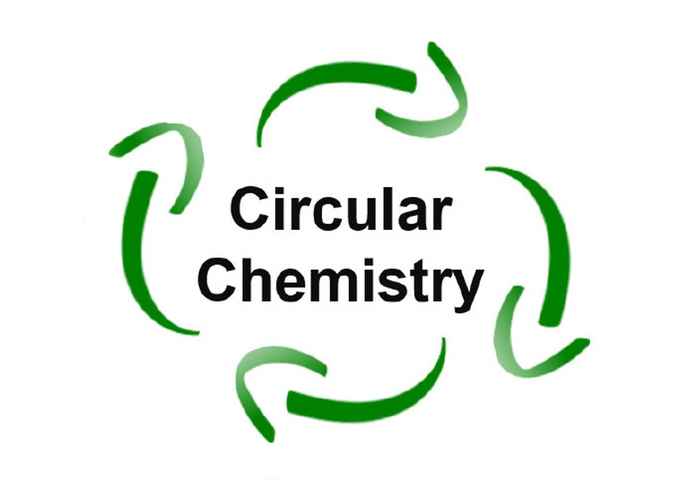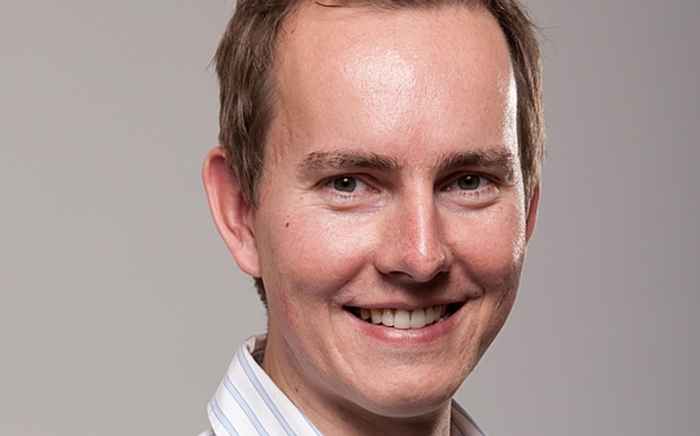Funding for circular chemistry research
8 October 2019
Towards a circular phosphate economy
The SusPhos process converts phosphate waste into products, so that, for the first time, high-quality, sustainable phosphate products can be obtained directly from renewable sources at a competitive price. Moreover, there is continuity in price and quality because SusPhos mainly uses phosphates from wastewater, which form an inexhaustible supply of starting material. That is an important difference with the current raw material for the phosphate industry: fossil phosphate ore. The finite supply of these phosphate minerals leads to rising prices and geopolitical issues.

Phosphates recovered from wastewater occur as struvite (magnesium ammonium phosphate). The SusPhos process already uses the pure phosphate from struvite to produce sustainable flame retardants and high-quality fertilizers. In this KIEM GoChem project, Slootweg receives 40.000 euro together with the spin-off SusPhos BV to jointly develop an additional process to also use the remaining magnesium and ammonium salts. The resulting extended, waste-free SusPhos technology will then have a portfolio of high-quality recycled products that can compete with existing products and contribute to the creation of a circular economy.
The KIEM-GoChem scheme aims to stimulate and set up new partnerships between SMEs and knowledge institutions, focused on exploratory research within the scope of sustainable chemistry.
Closing the carbon cycle
Methane (CH4), the main component of natural gas, exists in enormous quantities on our planet. There are very few practical processes for converting it directly into more valuable products. At present, methane is used as fuel or even wasted - 3% of the annual CH4 production is flared.

The challenge of using methane more sustainably is caused by the inert character of the methane molecule. This project, therefore, focuses on the efficient conversion of the methane and carbon dioxide greenhouse gases into value-added products, starting with acetic acid. This contributes to closing the carbon cycle and realizing a close-loop, waste-free society. Chemically, the project aims at developing a direct conversion of methane via C–H activation and subsequent bond formation with carbon dioxide into the chemical acetic acid platform. This radically new, atom-efficient methodology will contribute to optimize resource efficiency across chemical value chains.
Slootweg received 50,000 euros in funding from the Dutch Research Agenda - Idea Generator program, which mainly honours proposals that have a potential social impact. Researcher Flip Holtrop started last month on this project that has a duration of 1 year.